Arbaclofen
Recent articles
Going on Trial: Gene therapy for Rett; return to arbaclofen
This month’s newsletter looks at the early safety data from the first gene therapy trial for Rett syndrome, among other drug development news.
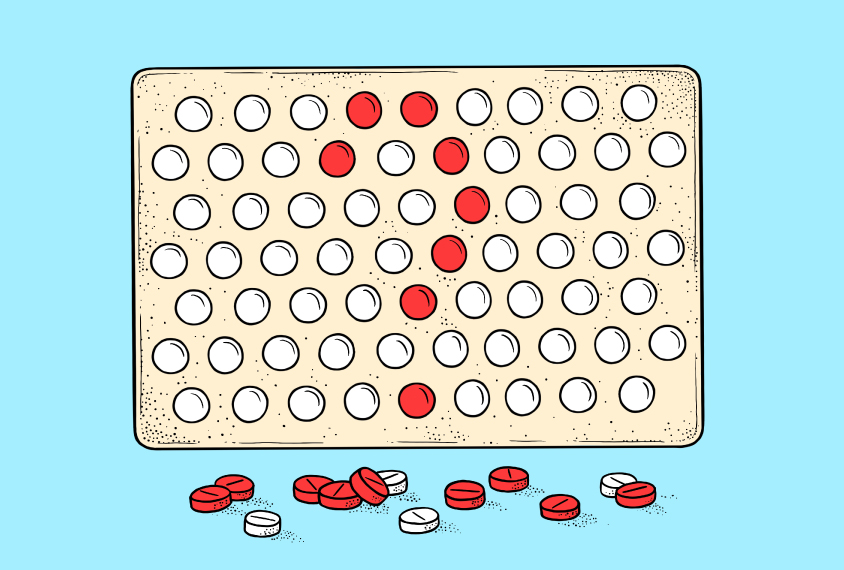
Going on Trial: Gene therapy for Rett; return to arbaclofen
This month’s newsletter looks at the early safety data from the first gene therapy trial for Rett syndrome, among other drug development news.
Multi-lab study hints at benefits of long-tested autism drug
The results lend support for clinical trials of arbaclofen in people with an autism-linked condition, the researchers say.
Multi-lab study hints at benefits of long-tested autism drug
The results lend support for clinical trials of arbaclofen in people with an autism-linked condition, the researchers say.
Swings and misses with Jeremy Veenstra-VanderWeele
A careful clinician who prizes evidence, Jeremy Veenstra-VanderWeele is happy to embrace trial failures, as long as he learns from them.
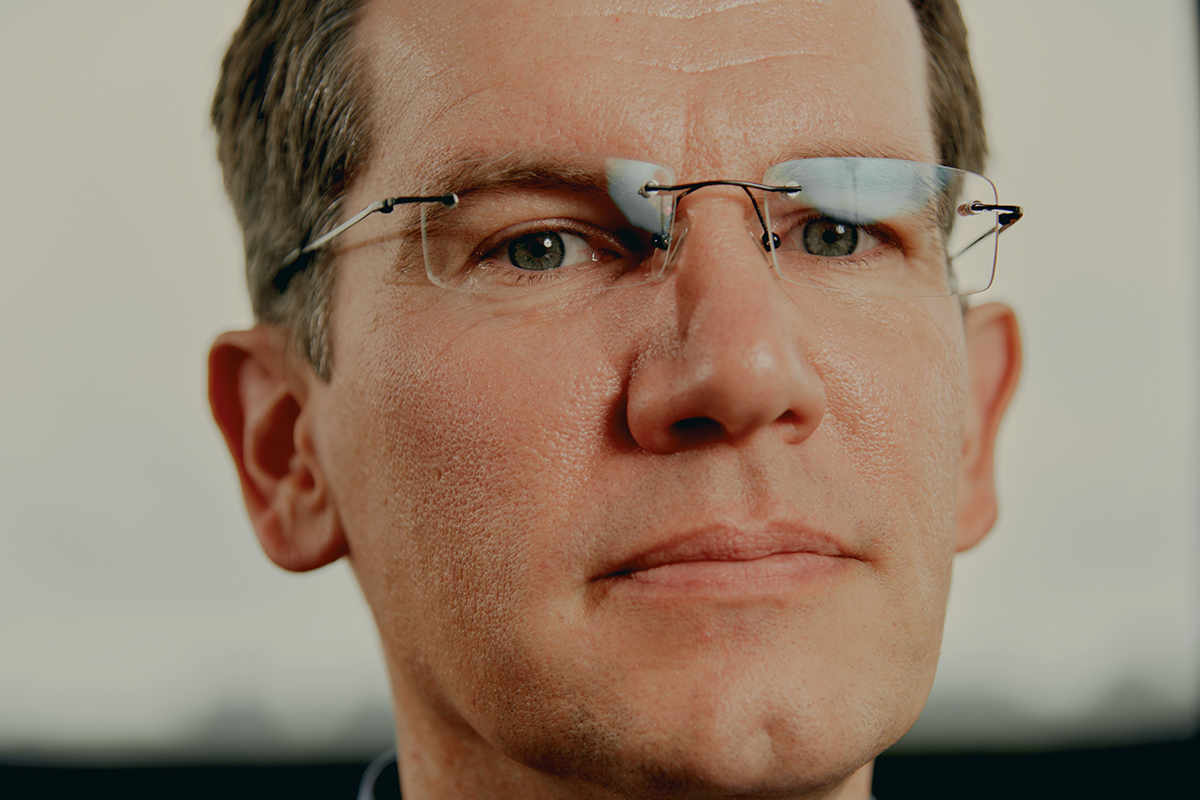
Swings and misses with Jeremy Veenstra-VanderWeele
A careful clinician who prizes evidence, Jeremy Veenstra-VanderWeele is happy to embrace trial failures, as long as he learns from them.
Null and Noteworthy: Arbaclofen results; another oxytocin edition
New data from clinical trials of arbaclofen and oxytocin underscore the murkiness of null results. Plus, researchers seek clarity on the neurodevelopmental effects of oxytocin during childbirth.
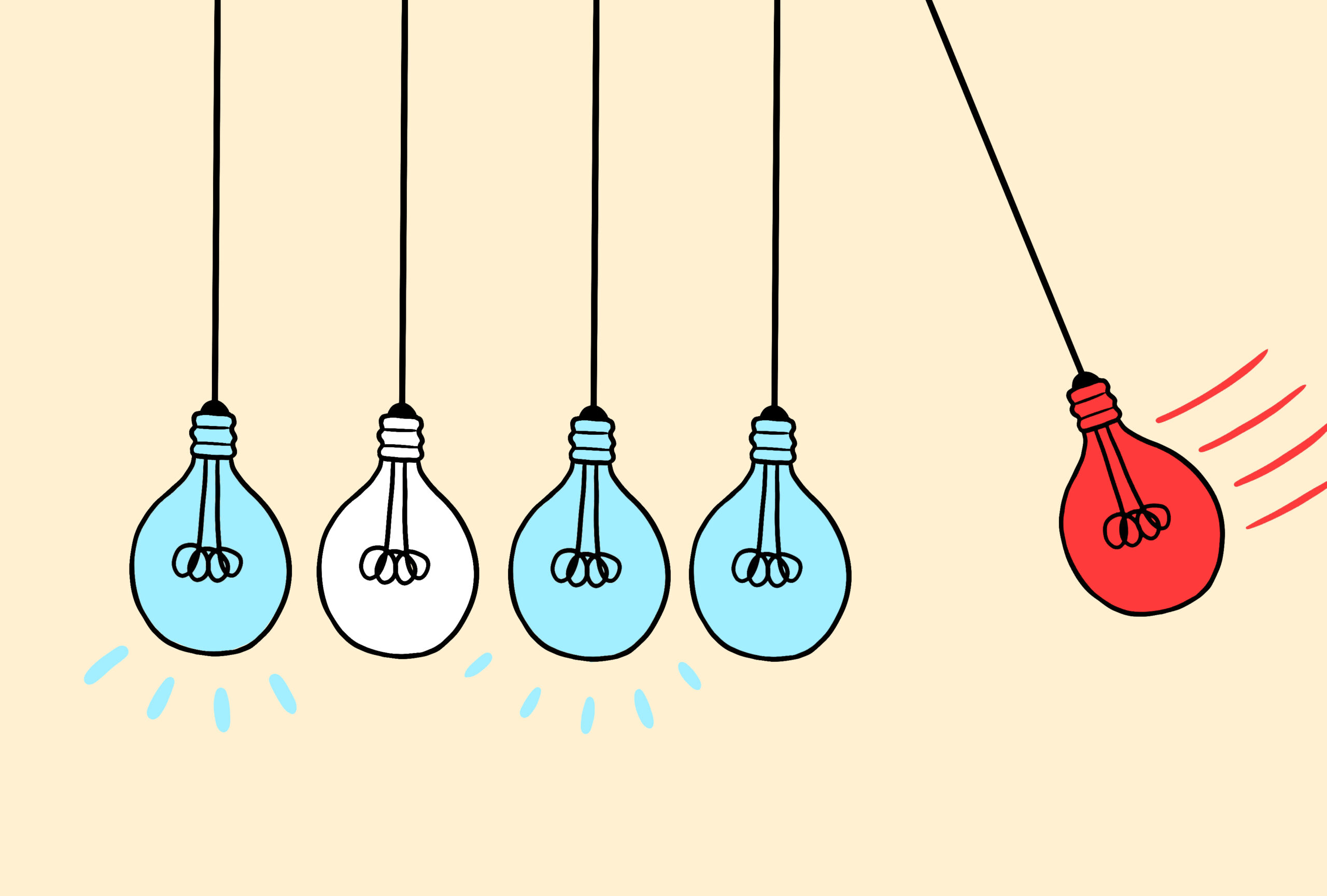
Null and Noteworthy: Arbaclofen results; another oxytocin edition
New data from clinical trials of arbaclofen and oxytocin underscore the murkiness of null results. Plus, researchers seek clarity on the neurodevelopmental effects of oxytocin during childbirth.
Trials of arbaclofen for autism yield mixed results
Autistic children taking the drug showed improvements in some behaviors but not in their social skills.

Trials of arbaclofen for autism yield mixed results
Autistic children taking the drug showed improvements in some behaviors but not in their social skills.
Going on Trial: Arbaclofen reboot; cell implants; psilocybin microdoses
Going on Trial rounds up new developments in autism-related drug trials. This month we’re revisiting decade-old data from a trial of arbaclofen for fragile X syndrome and looking into a new implant-based approach to quelling seizures, among other treatment strategies.
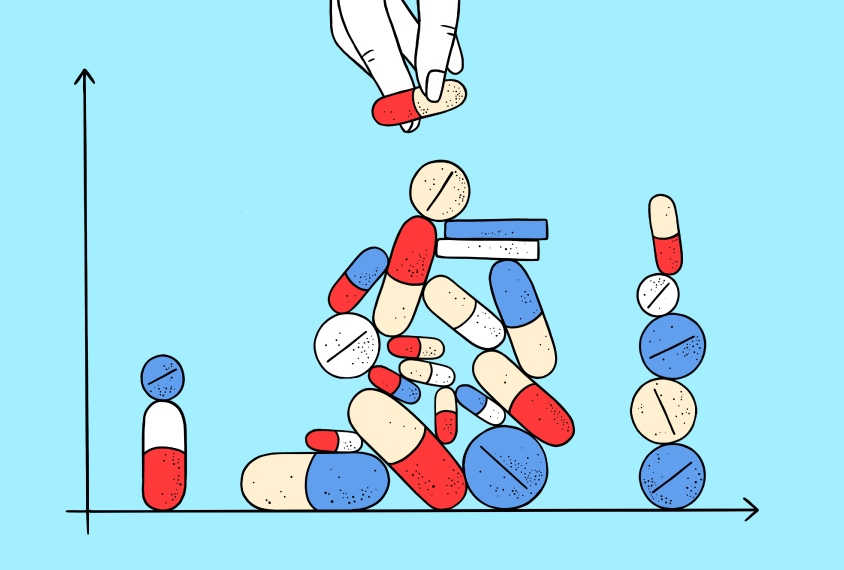
Going on Trial: Arbaclofen reboot; cell implants; psilocybin microdoses
Going on Trial rounds up new developments in autism-related drug trials. This month we’re revisiting decade-old data from a trial of arbaclofen for fragile X syndrome and looking into a new implant-based approach to quelling seizures, among other treatment strategies.
Visual task flags autistic people who respond to GABA agonists
The investigational drug arbaclofen makes autistic people's brains respond to a visual task more like non-autistic people's brains do.
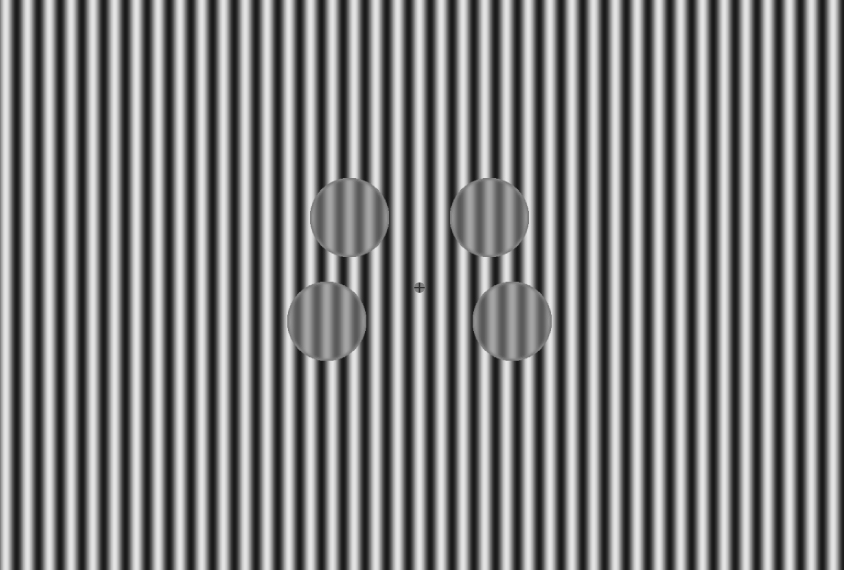
Visual task flags autistic people who respond to GABA agonists
The investigational drug arbaclofen makes autistic people's brains respond to a visual task more like non-autistic people's brains do.
Autism-related conditions linked to altered visual perception
A test of binocular rivalry may distinguish between autism subtypes and help researchers screen the efficacy of certain drugs.
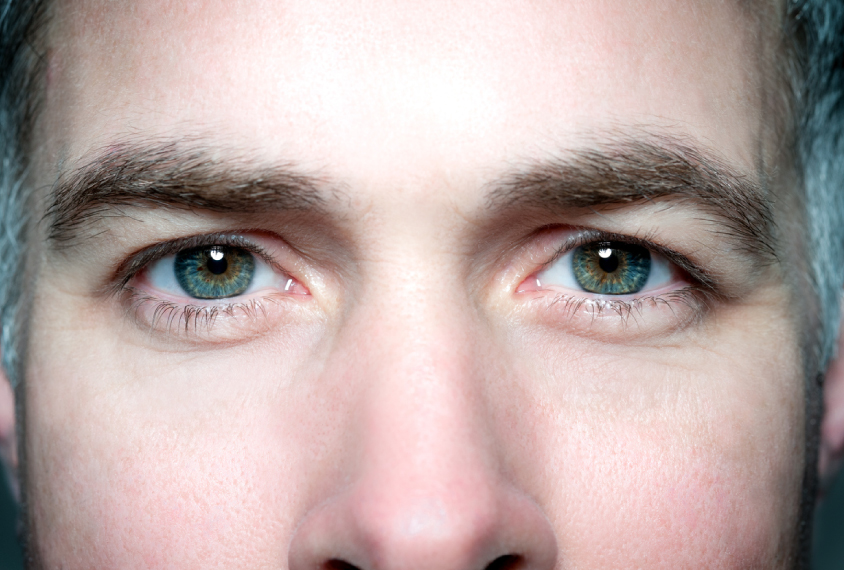
Autism-related conditions linked to altered visual perception
A test of binocular rivalry may distinguish between autism subtypes and help researchers screen the efficacy of certain drugs.
Brain’s prefrontal cortex conducts symphony of social players
A brain region that orchestrates responses to social cues and aids decision-making may be off tempo in autism.
Brain’s prefrontal cortex conducts symphony of social players
A brain region that orchestrates responses to social cues and aids decision-making may be off tempo in autism.
Study calls into question chemical messenger’s role in autism
New results from brain scans of adults with autism are at odds with the popular theory that the condition involves weak brakes on brain activity.
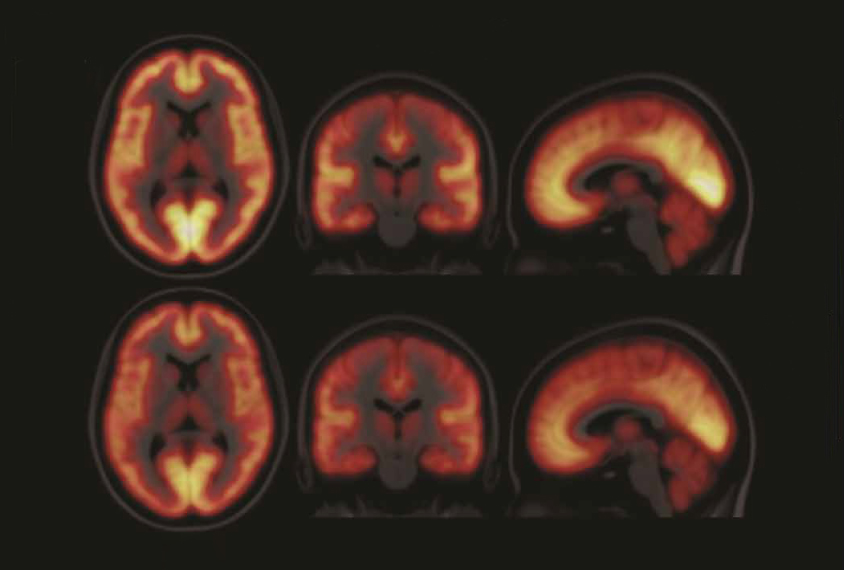
Study calls into question chemical messenger’s role in autism
New results from brain scans of adults with autism are at odds with the popular theory that the condition involves weak brakes on brain activity.
Explore more from The Transmitter
Lack of reviewers threatens robustness of neuroscience literature
Simple math suggests that small groups of scientists can significantly bias peer review.

Lack of reviewers threatens robustness of neuroscience literature
Simple math suggests that small groups of scientists can significantly bias peer review.
Dendrites help neuroscientists see the forest for the trees
Dendritic arbors provide just the right scale to study how individual neurons reciprocally interact with their broader circuitry—and are our best bet to bridge cellular and systems neuroscience.

Dendrites help neuroscientists see the forest for the trees
Dendritic arbors provide just the right scale to study how individual neurons reciprocally interact with their broader circuitry—and are our best bet to bridge cellular and systems neuroscience.
Two primate centers drop ‘primate’ from their name
The Washington and Tulane National Biomedical Research Centers—formerly called National Primate Research Centers—say they made the change to better reflect the breadth of research performed at the centers.

Two primate centers drop ‘primate’ from their name
The Washington and Tulane National Biomedical Research Centers—formerly called National Primate Research Centers—say they made the change to better reflect the breadth of research performed at the centers.